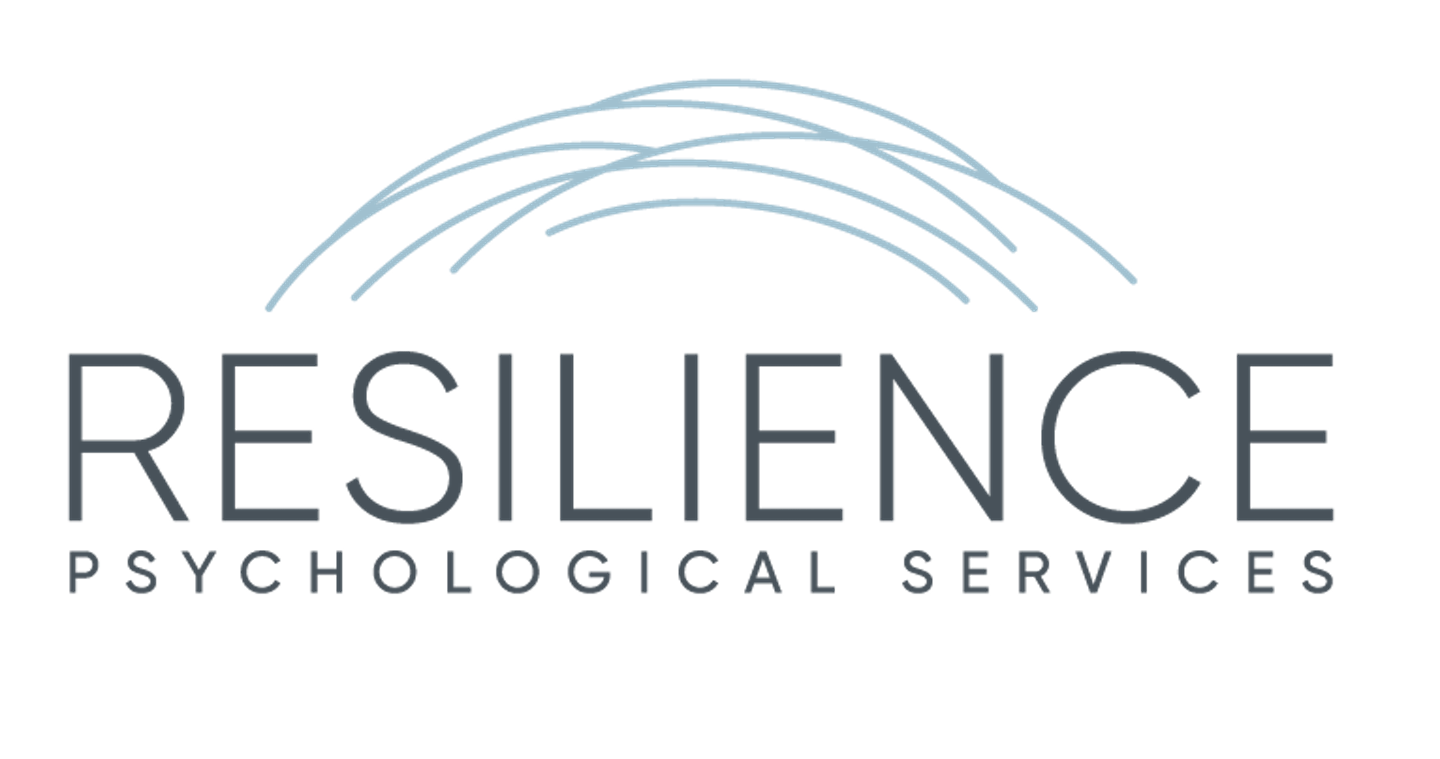Eating and Body Image
In today's diet- and weight-obsessed culture, many individuals face challenges in developing healthy relationships with their bodies, food, and exercise. Efforts to improve wellness often lead to rigidity and perfectionism, causing people to overlook internal cues such as hunger and fullness. Instead, they may focus on external standards like calorie counting or labeling foods as "good" or "bad." This mindset can also transform exercise from a source of joy into a means of control. Social media exacerbates these struggles, promoting unrealistic body ideals under the guise of "body positivity."
Disordered eating can manifest in various forms, including food restriction, binge eating, purging, dieting, or excessive exercise. Many individuals experience dissatisfaction with their physical appearance, leading to avoidance of social situations or excessive “checking” of their looks in mirrors. Common dieting behaviors may involve an unhealthy preoccupation with “clean” eating, detox programs, and rigid food rules.
How We Can Help
At Resilience, we believe that health and wellness are related to far more than food and exercise, and that weight is not related to health. Therefore, our approach to disordered eating and body image is size inclusive and emphasizes a holistic approach to health across the spectrum of body size.
Our goal is to foster a balanced relationship with food, exercise, and body image. Your therapist may introduce mindfulness approaches, such as intuitive eating and body neutrality, while also addressing underlying issues like childhood trauma and family dynamics.
We believe that health and wellness encompass much more than food and exercise, and that weight is not a true indicator of health. Our size-inclusive approach emphasizes a holistic view of well-being for individuals of all body sizes.
During your initial consultation, your therapist will assess your relationship with food, exercise, and body image. Together, you will collaborate on setting personalized treatment goals. If higher levels of care are needed, your therapist will help connect you to appropriate resources.
Common Signs
Feeling chronically dissatisfied with body’s shape, size, composition, or other features of your body
Feeling guilty if you have eaten too much of the “wrong” foods or skipped a workout
Feeling out of control when eating or exerting a significant amount of control over what, when, or how you eat
Pursuit of a certain fitness goal, diet, or “clean eating” that requires avoidance or elimination of certain food groups
Skipping meals, avoiding snacks, or ignoring your body’s hunger cues out of desire to change your body
You deserve to feel peace in your relationship with your body. If you are interested in exploring whether your relationship with food, exercise, or your body may be harming you, contact us for a free consultation.


